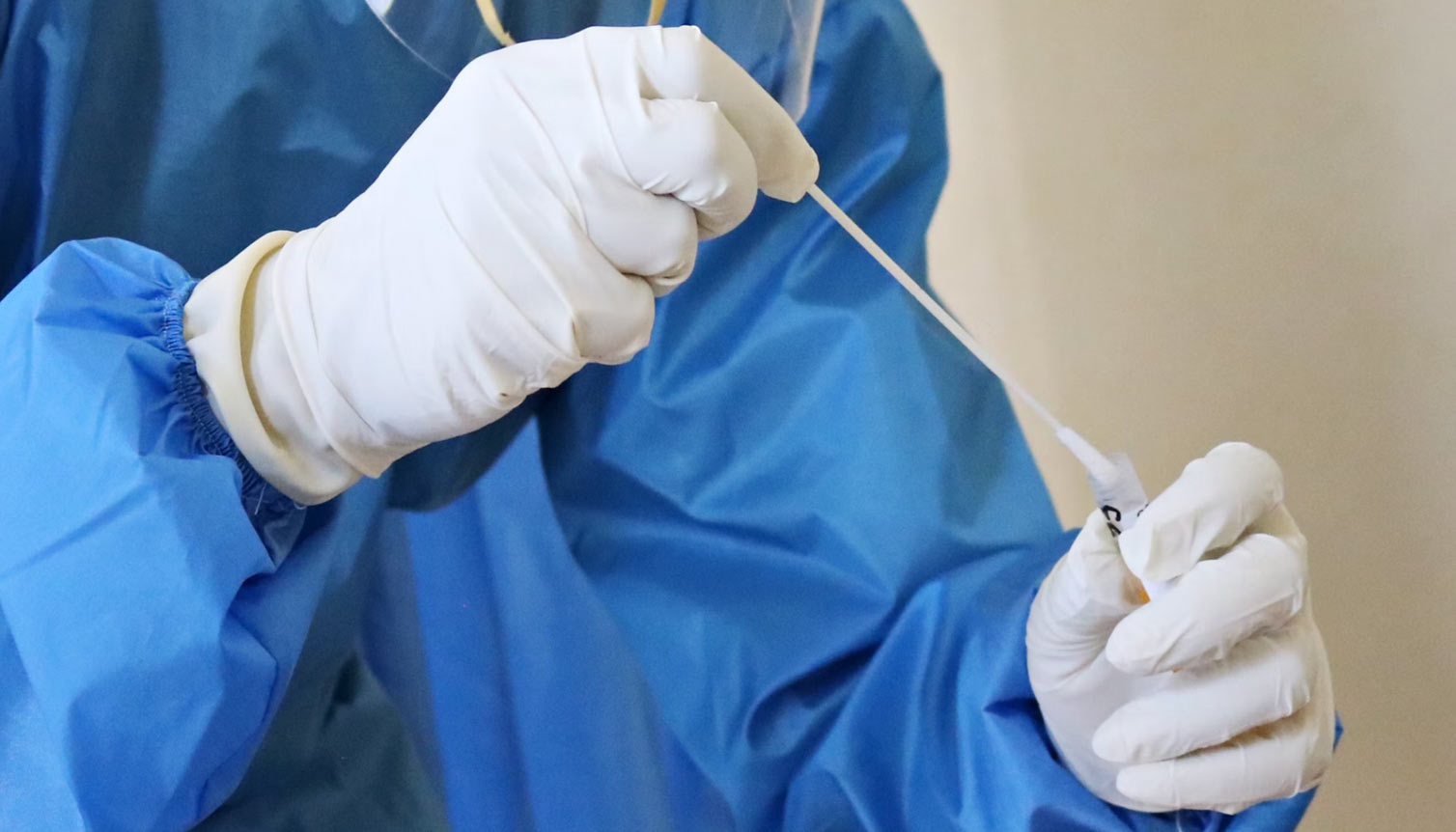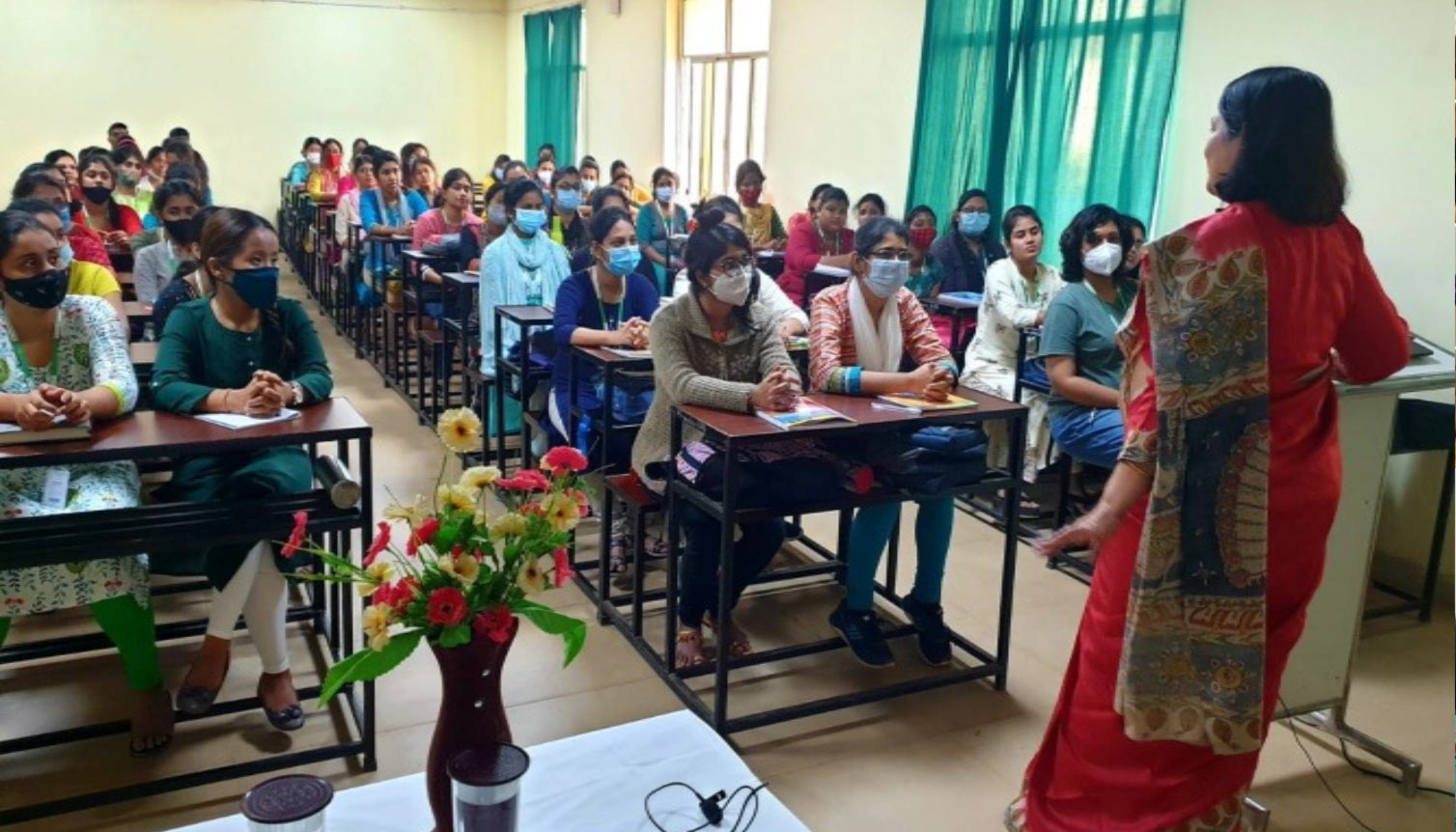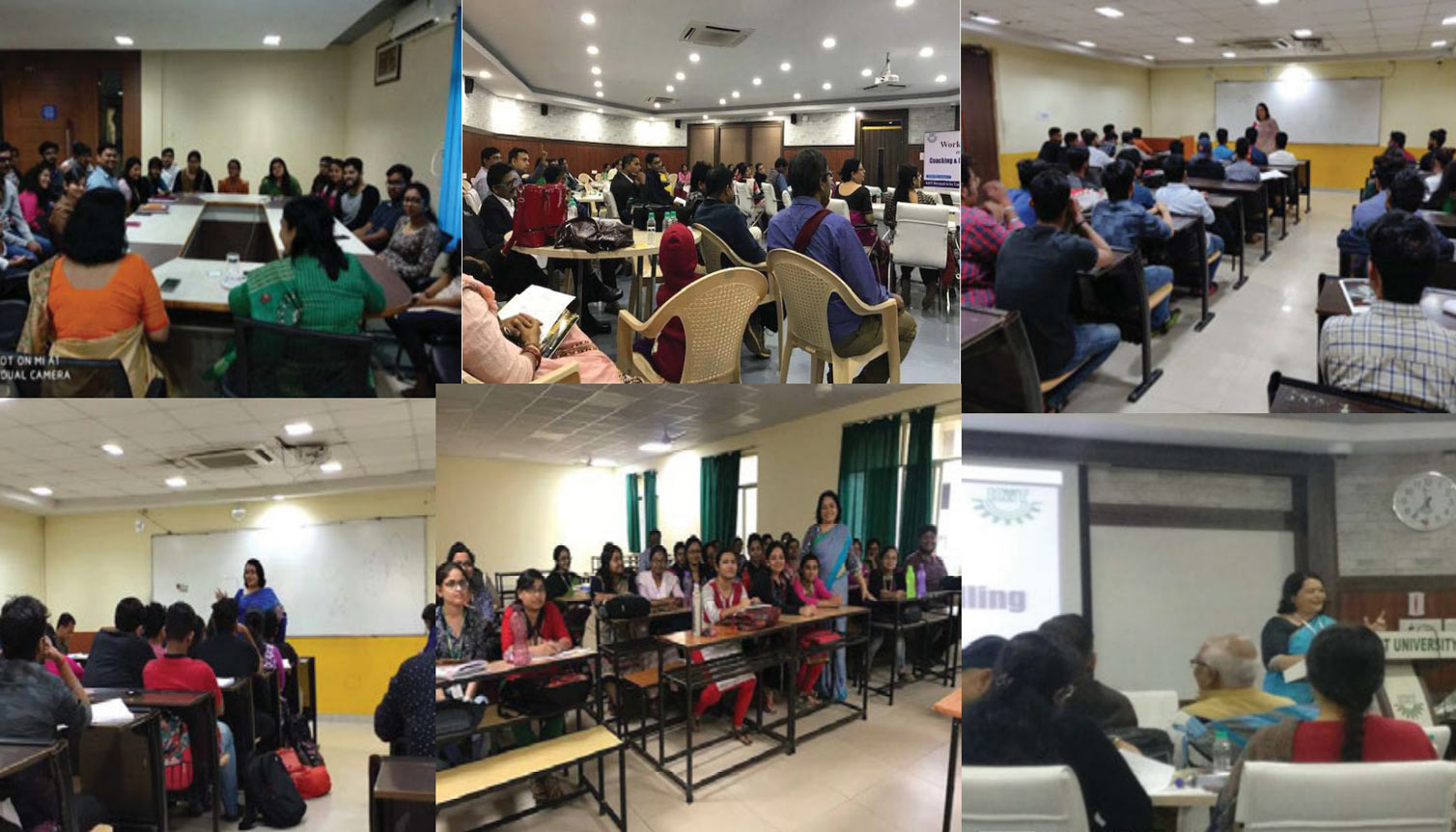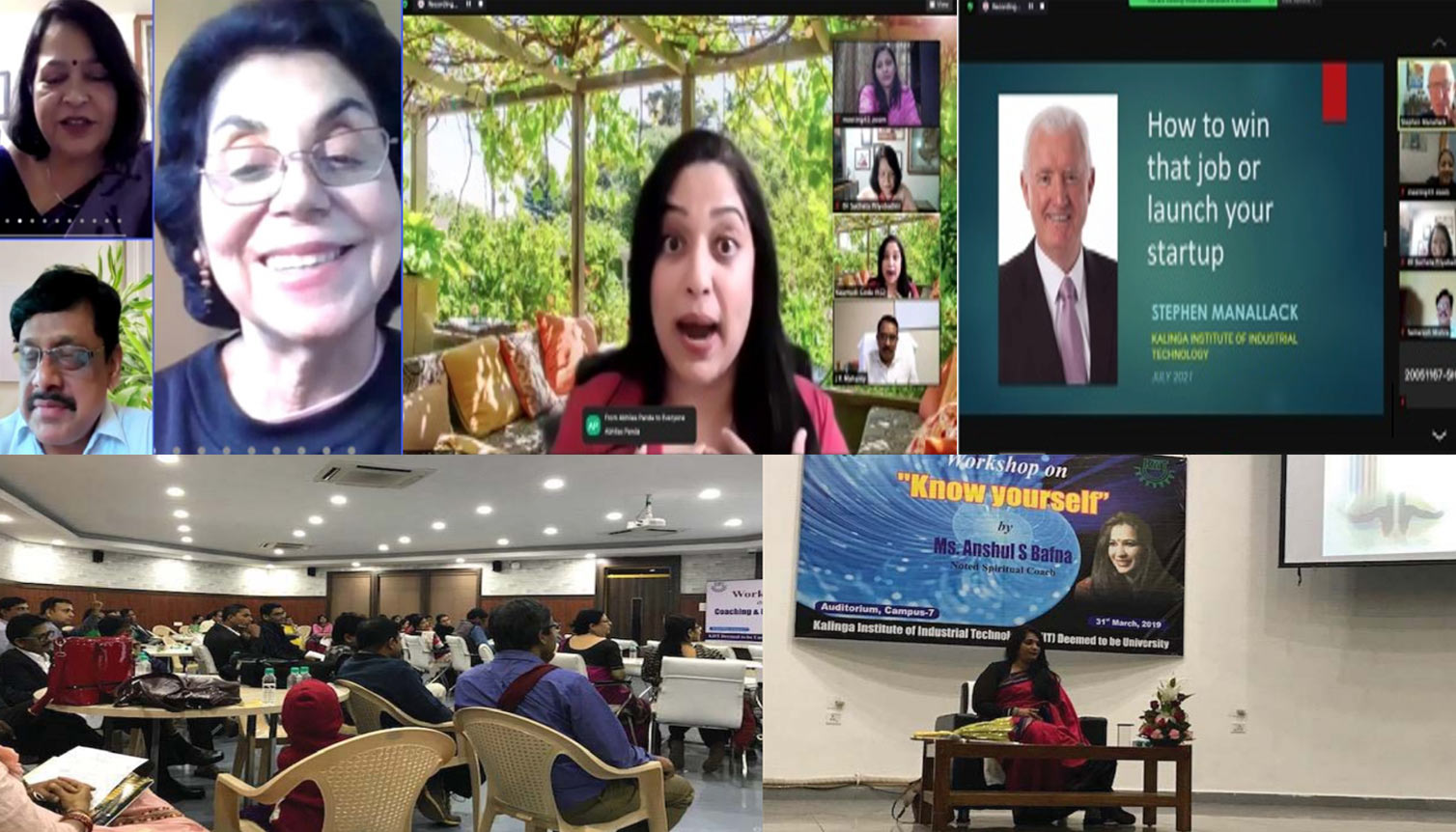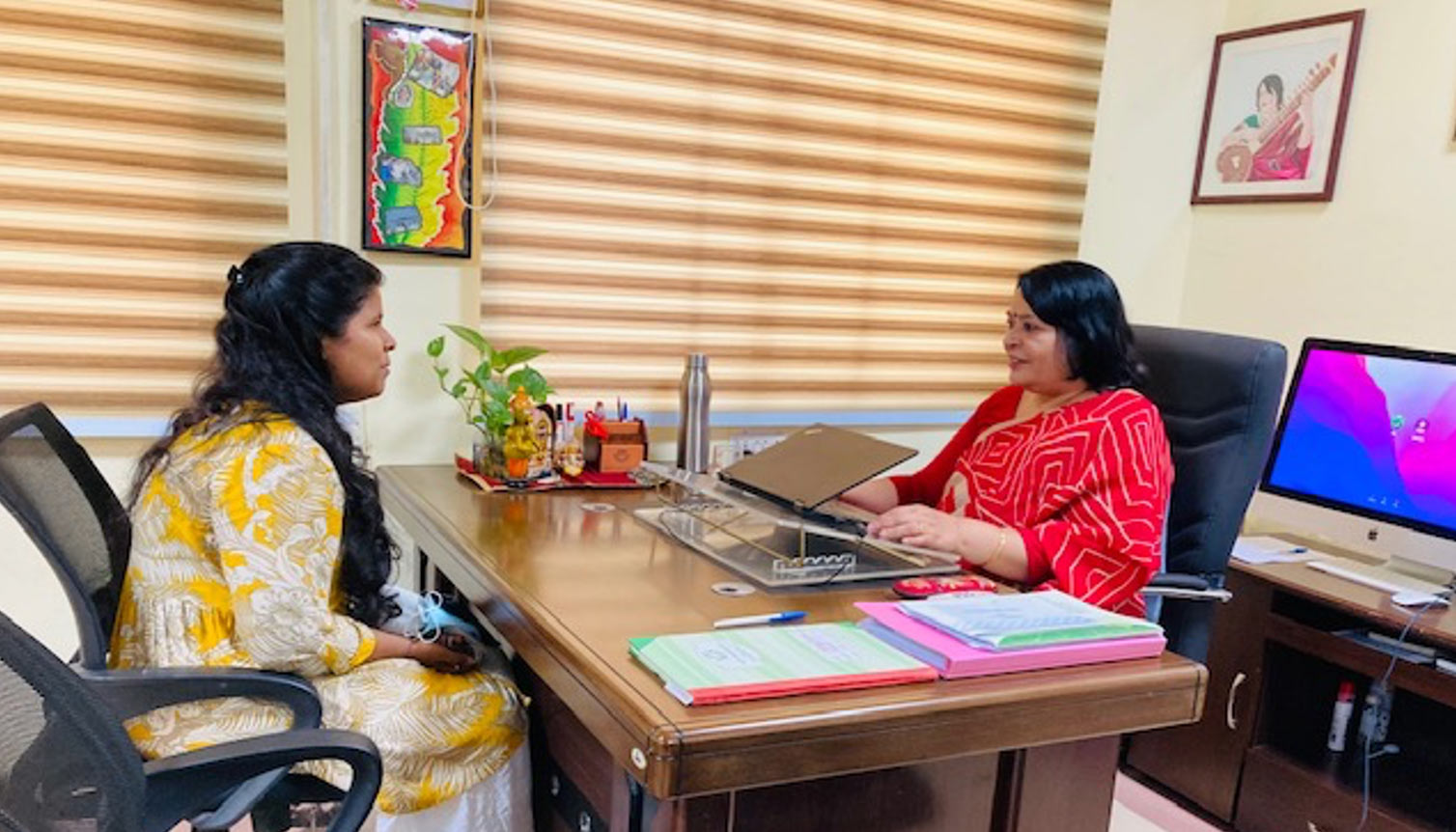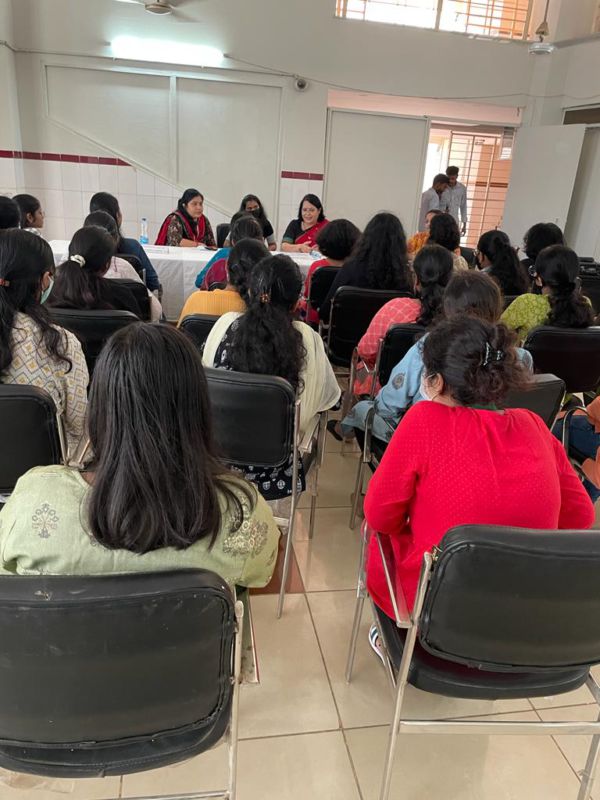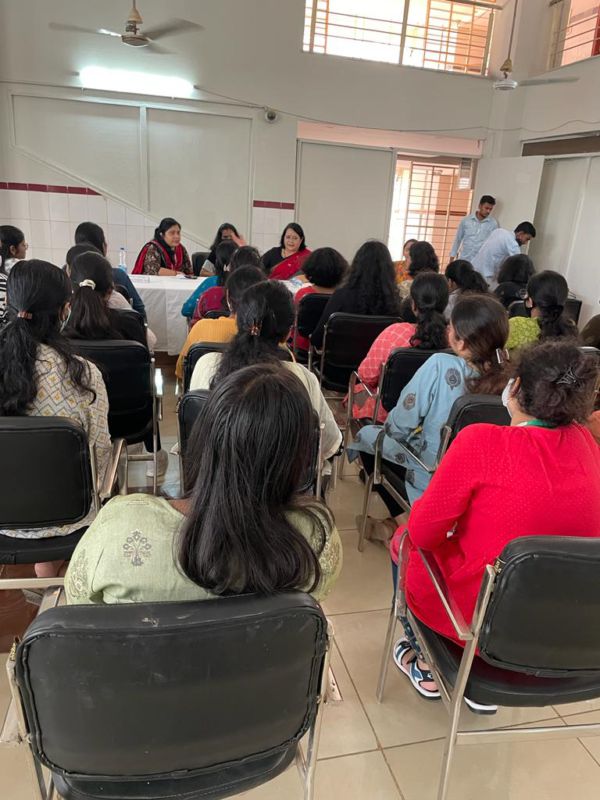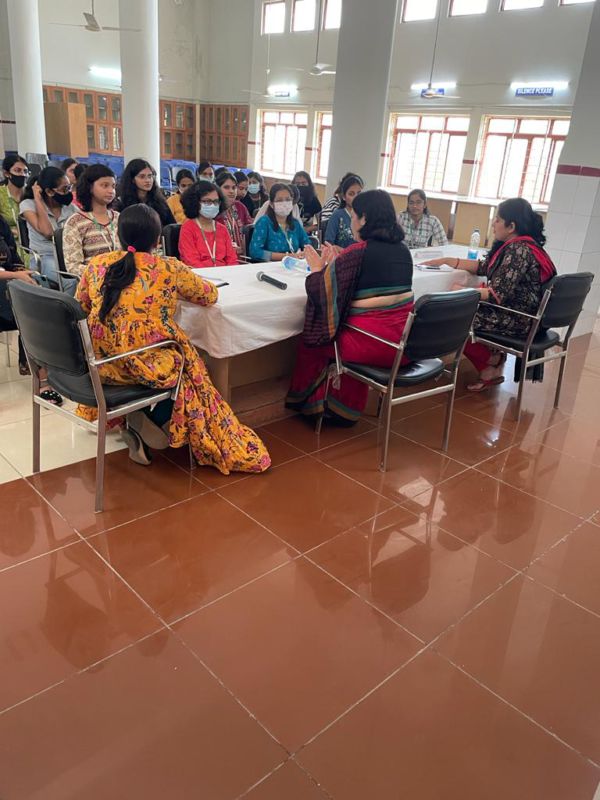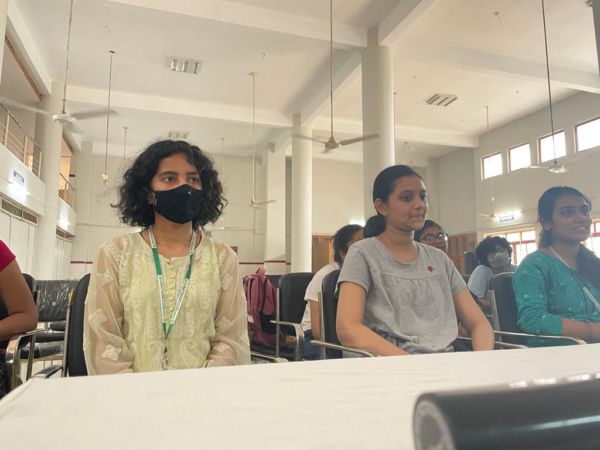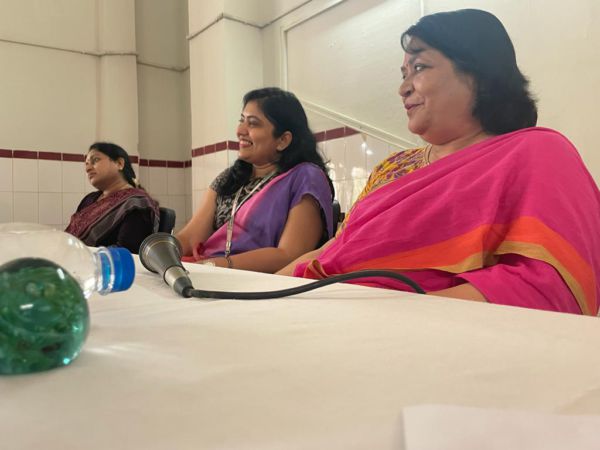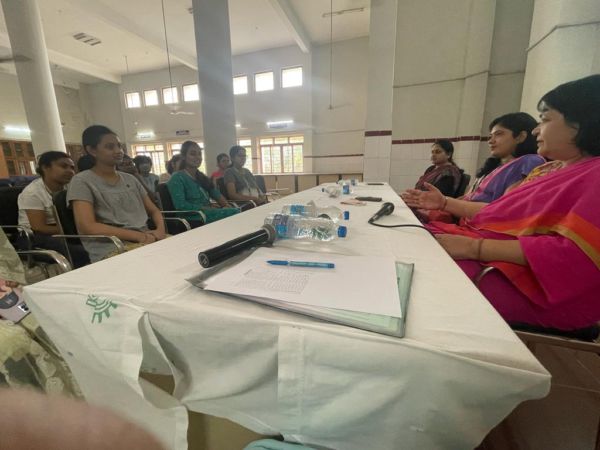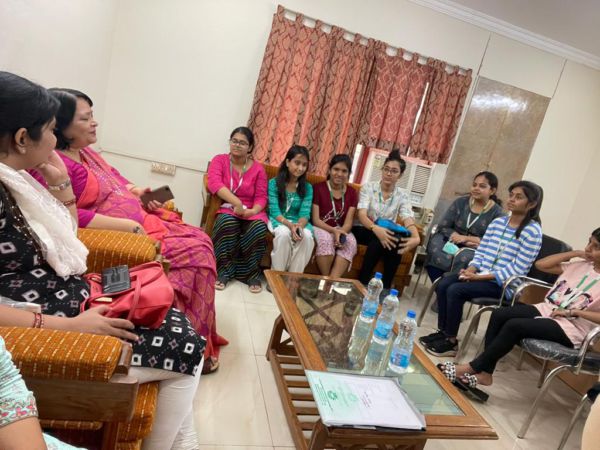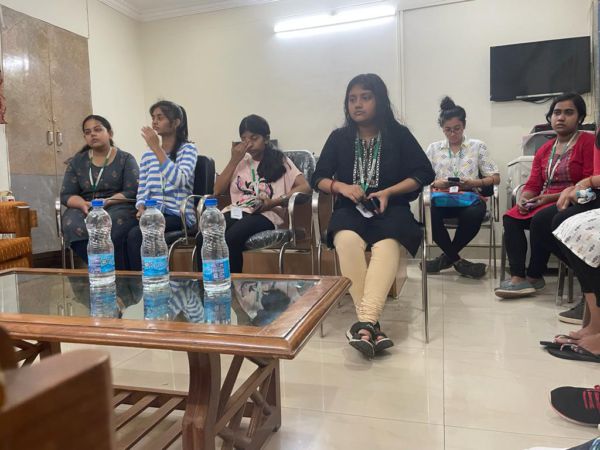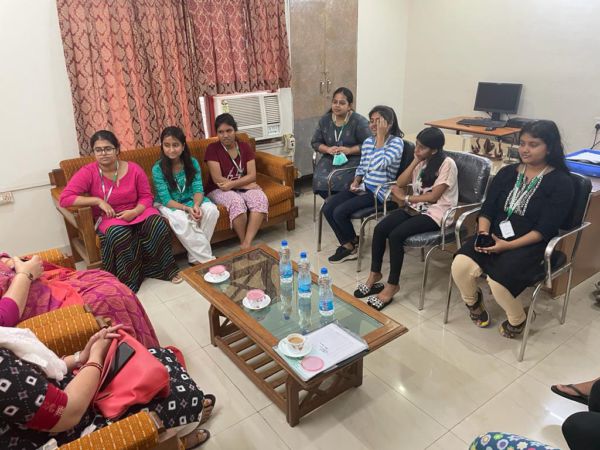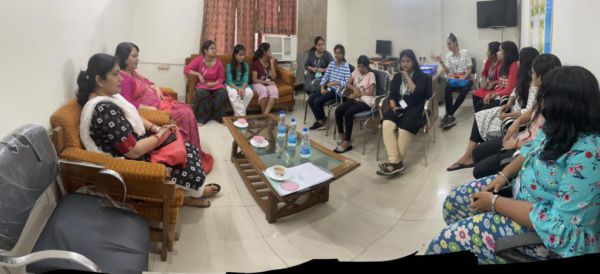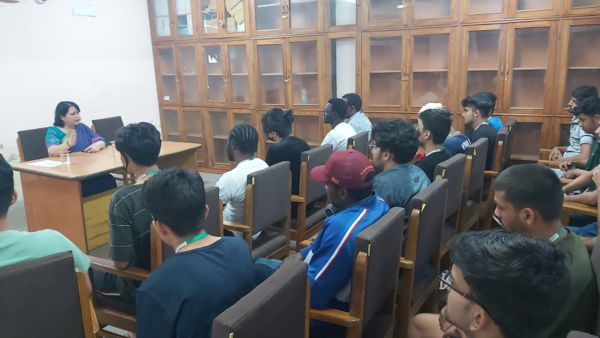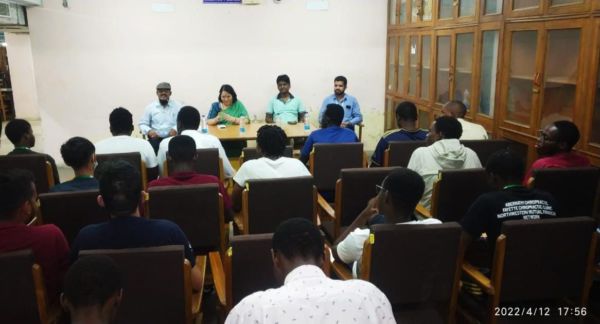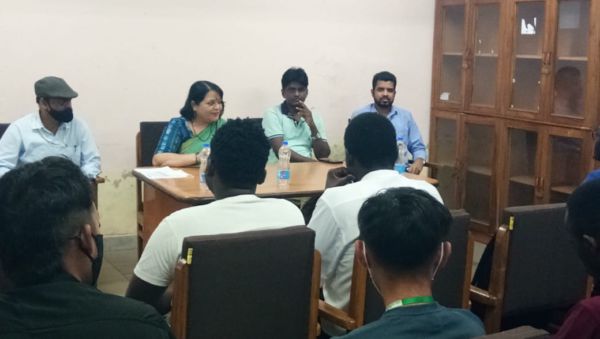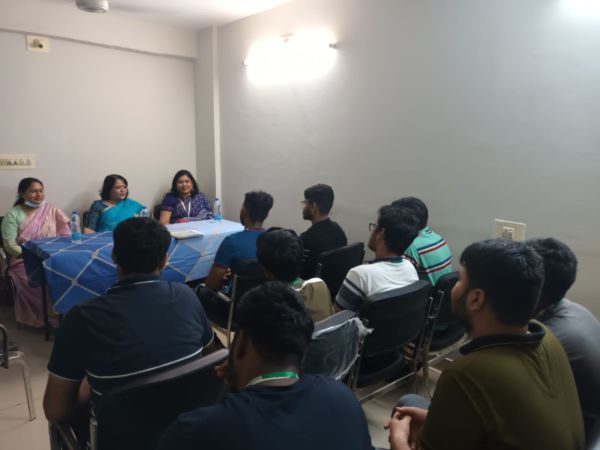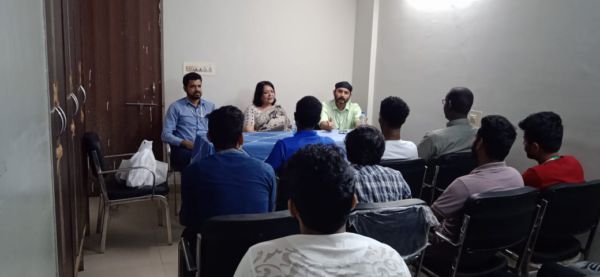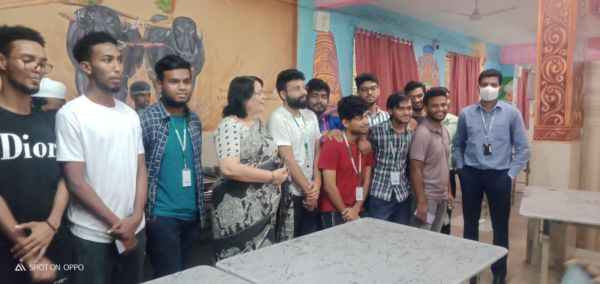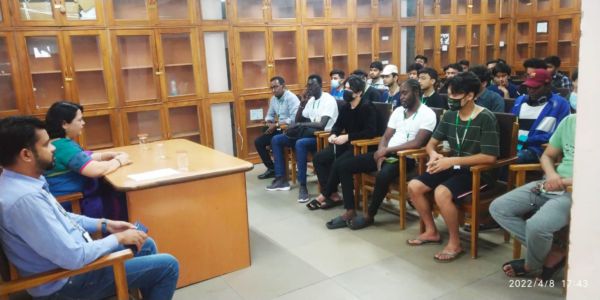Counselling Cell
Counseling Cell
Homo sapiens is the combination of the best and the worst elements in a confusing package comprising paradox, ambiguity, turmoil, motivation, pride etc., in a melting pot. The same ecosystem allows us to create and accomplish extraordinary feats while it also watches us fail and discouraged. With these contradictions, at times we feel confused, restless, irritated and frustrated. We tend to juggle between life and learning.
Students like any other, are a product of society. Society here includes parents and siblings as children, teachers and peer groups. The only continuity in this entire phase of the evolution of the child is a constantly changing environment in terms of awareness, exposure, technology and growing demands on the child beside the child’s own expectations from self and others. In this growth process, there is a constant conversation between the child and the outer world. This interaction throws up questions relating to ethics, propriety and the normal do’s and don’ts of life. Unanswered Questions in the early course of life create internal contradictions in the individual which later on would require professional support in the form of counselling.
Counselling of students is being undertaken in KIIT since its inception as a part of student activity. However, to provide greater focus, a counselling cell was created in July 2018 to create a favourable environment for the student community and empower them to achieve a fulfilling life with intellectual and emotional growth.
Counselling is a process of continuous engagement with the student community, parents and faculty through regular interactions, workshops/seminars and sensitization programs. The recent pandemic resulted in expanding the coverage of the counselling process to include teaching and non-teaching staff and their families as well.
OBJECTIVES:
1. Improving Emotional and Social state of Individuals-
A. Individual Development Counselling
B. Clinical mental health counselling
C. Family Counselling
D. Addiction Counselling
2. Participation in International Academic and Personality. Development-
A. Graduate Assistance ship
B. Internship Counseling
C. Post-Graduate Studies
D. Cultural Exchange Program
Counselling provides an opportunity for the students to understand and change feelings, behaviour and situations that are problematic. These problems result in stress and depression which reflect in their interpersonal relationships and academic output. Information about students facing such challenges is furnished to the counselling cell through the Deans/Directors of various schools and Director Hostels. First-hand information available from the Director of Student Counselling during her visits to various schools and hostels is also an input. Students also directly approach the counselling cell with their issues.
COUNSELLING SERVICES
TYPES OF COUNSELLING
- One-on-one Meeting – The counsellor and the counsel will meet according to a fixed schedule or anytime in emergency situations and discuss issues.Group Meet
- ing – Group meeting brings the counsellor and a group of students to discuss unexplored and important issues. Discussion in groups enables students to learn about diverse areas and appreciate each other thus paving way for exposure in a broader sense.
- Specific Issues – The KIIT Counselling Cell will facilitate the panacea for specific issues by arranging expert consultation on career or any psychological issues.
THE COUNSELLING CONSTITUTION
The framework of KIIT University Counselling cell comprises of:
- KIIT COUNSELLING CELL: responsible for the setting up and the coordination of the activities of KIIT University Counselling Services.
- FACULTY COUNSELORS: They will be responsible for active involvement with the students and identify issues among the students and facilitate early resolution.
- STUDENT COORDINATORS: They will put forward the issues from the perspective of the students. They will ensure participation of the students in the processes voluntarily. Working as gatekeepers, they can identify problems in students and suggest them to take the help of the Counselling Services whenever needed.
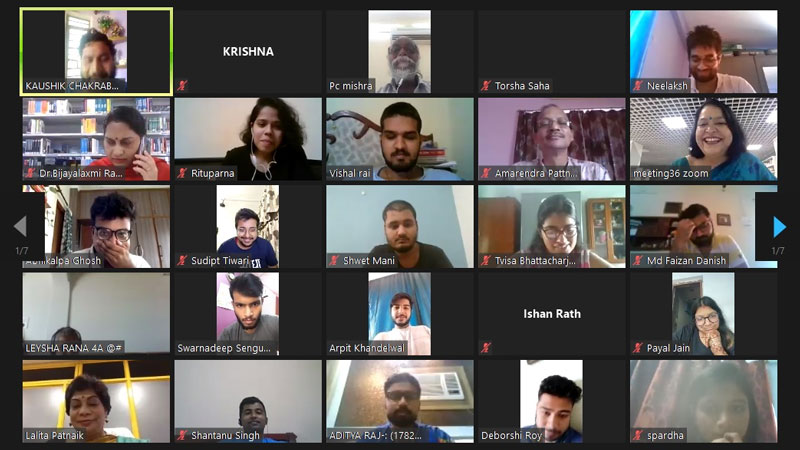 Online Counseling Session- Law Sep-2020
Online Counseling Session- Law Sep-2020 Online Counseling session- Mech-2020
Online Counseling session- Mech-2020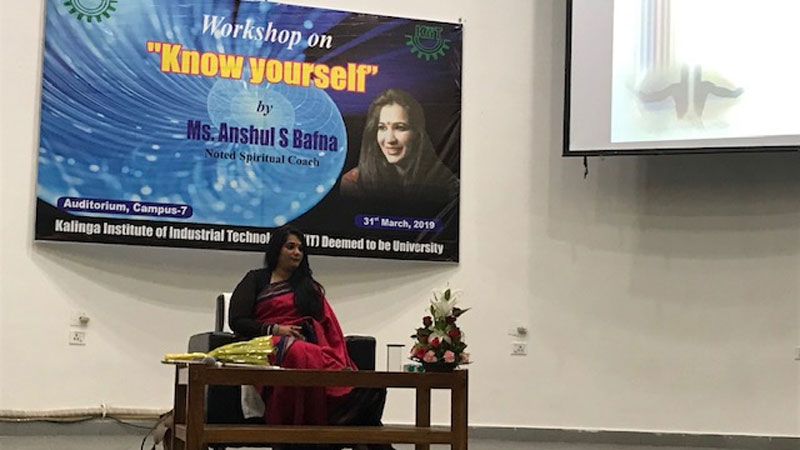 Motivational session by spiritual coach,Anshul Bafna on 31st March 2019
Motivational session by spiritual coach,Anshul Bafna on 31st March 2019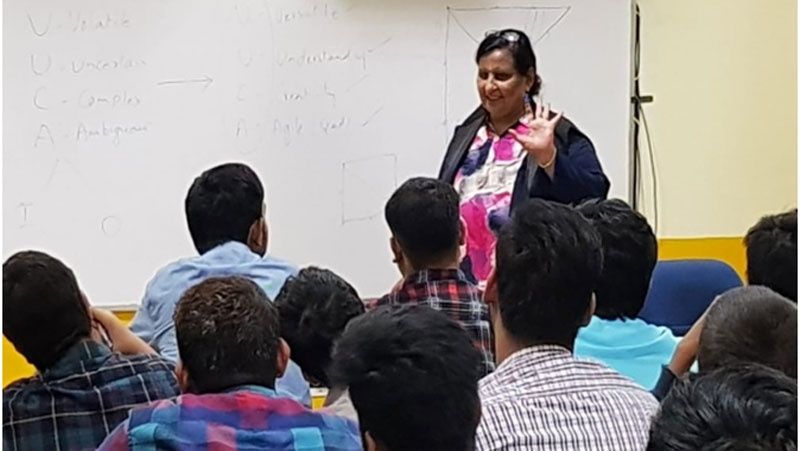 Motivational session by Dr Renu Khanna,Lifecoach, Nov-2019
Motivational session by Dr Renu Khanna,Lifecoach, Nov-2019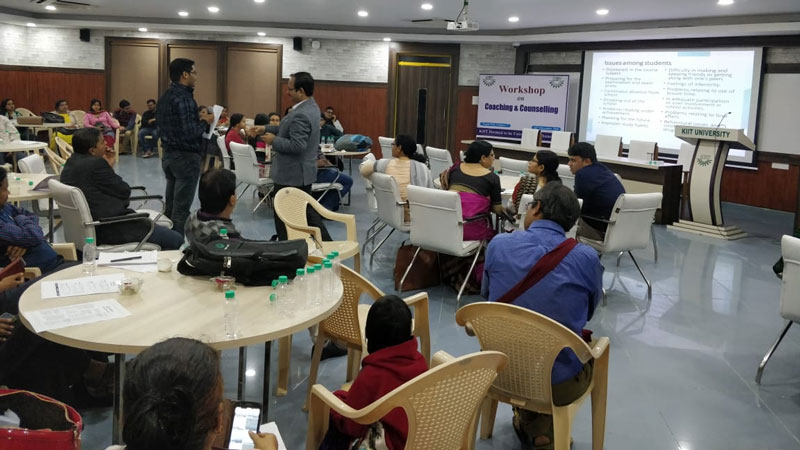 Workshop on Coaching & Counselin for Fac in charge 22. 12.18
Workshop on Coaching & Counselin for Fac in charge 22. 12.18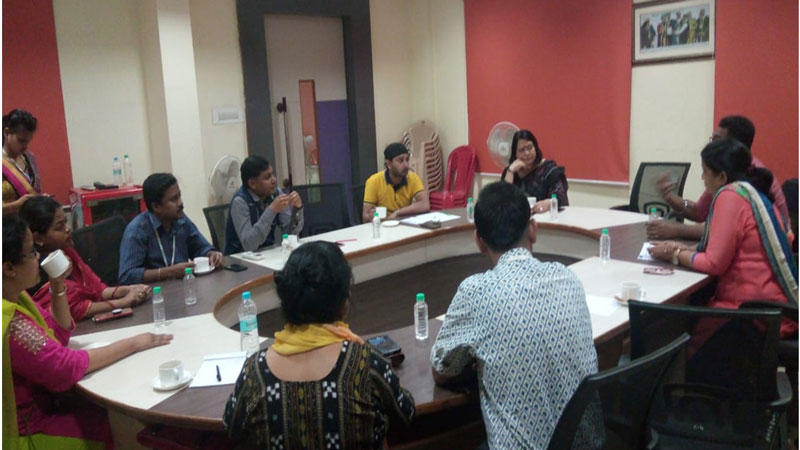 Session with Faculty in charge Counseling 19.01.2019
Session with Faculty in charge Counseling 19.01.2019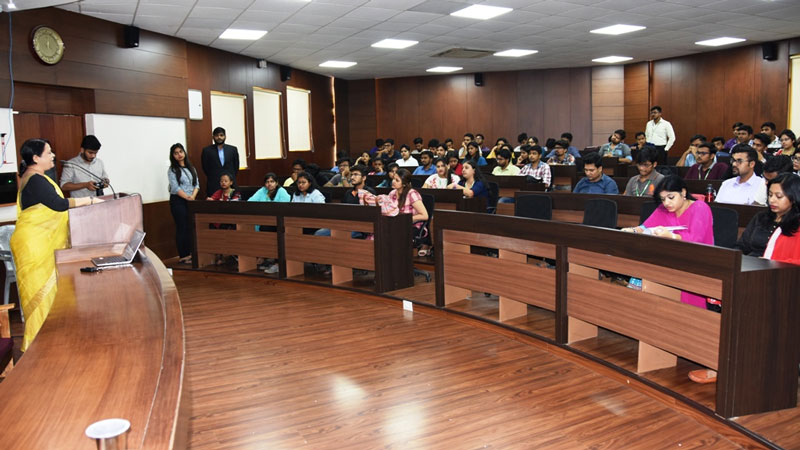 Counseling Session at School of Management Oct-2018
Counseling Session at School of Management Oct-2018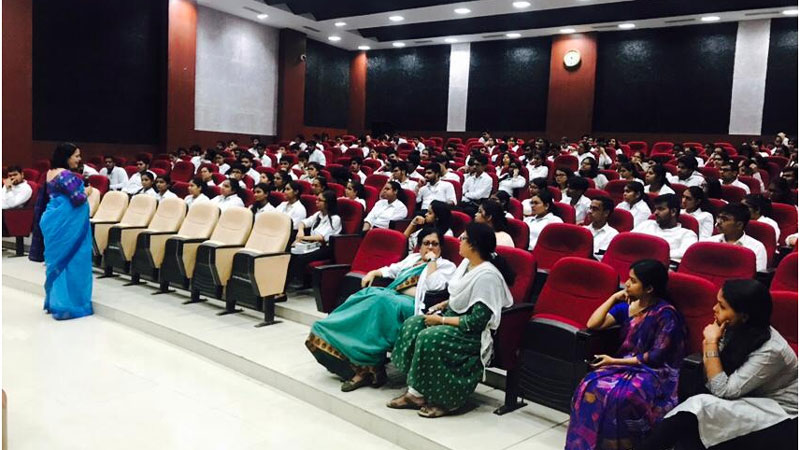 Counseling Session for 1st yr Law students Sep-2019
Counseling Session for 1st yr Law students Sep-2019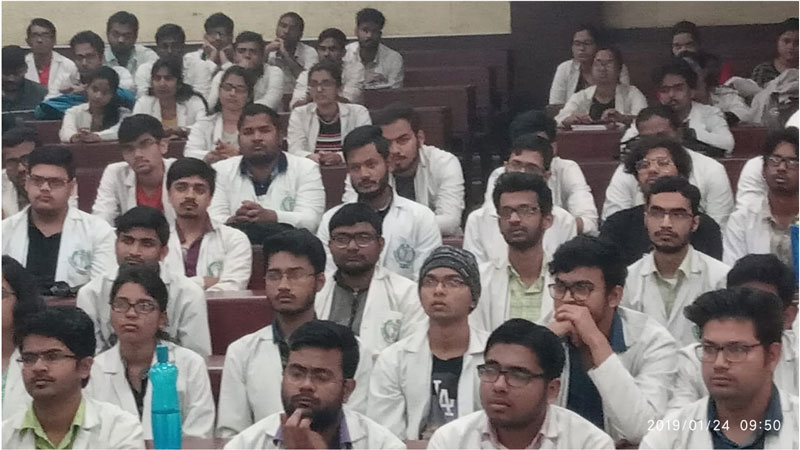 Counseling session KIMS 24.01.19
Counseling session KIMS 24.01.19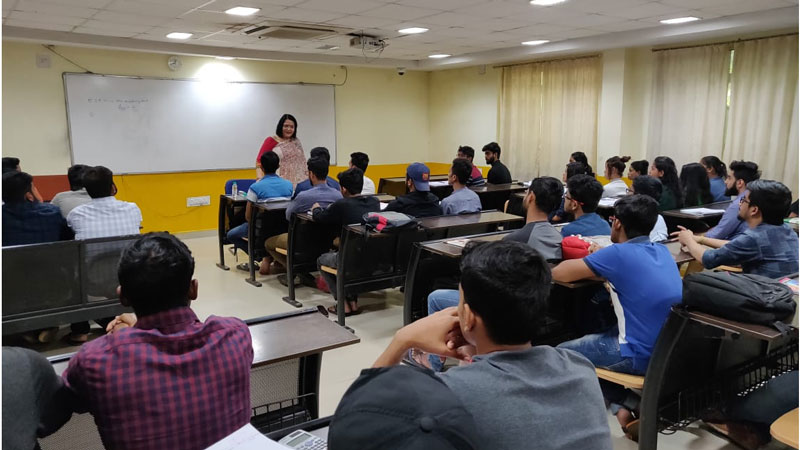 Counseling session School of Civil Engineering Sep-2019
Counseling session School of Civil Engineering Sep-2019

